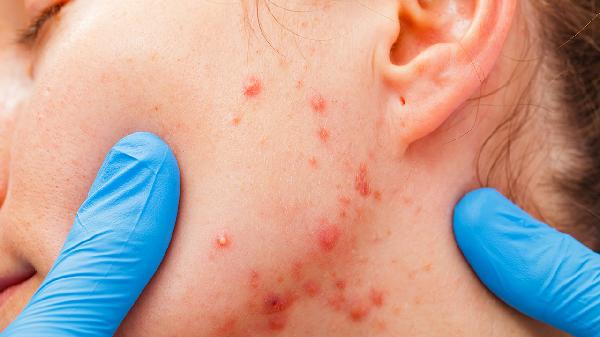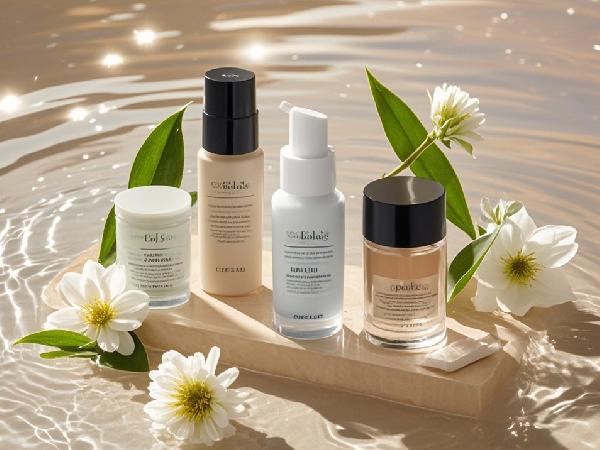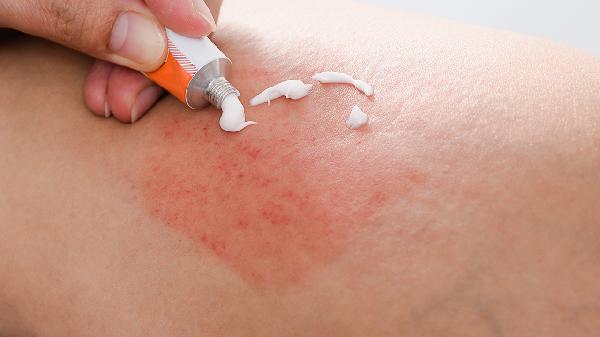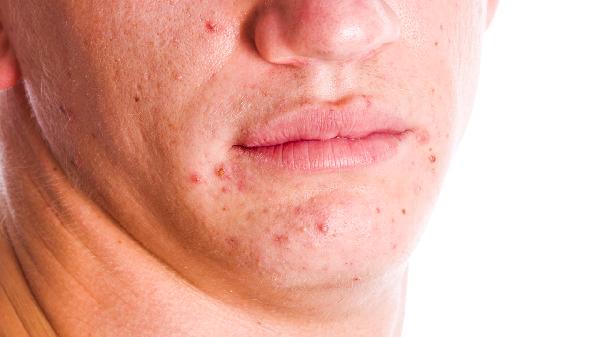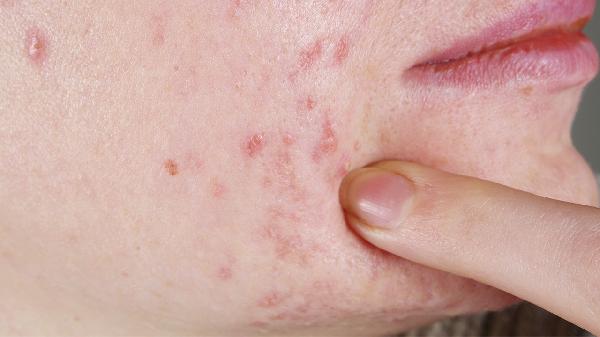When it comes to allergies, many people might think of pollen floating in the air during spring or allergic reactions to foods like seafood and peanuts. But did you know? In home life, allergens are everywhere, and even in your most relaxed home, there might be hidden "allergy killers." For home patients, preventing allergies is not just about avoiding sneezing and itchy skin, but also about improving the quality of life. So, how can we effectively prevent allergies in daily life? Let's talk about some practical methods below.
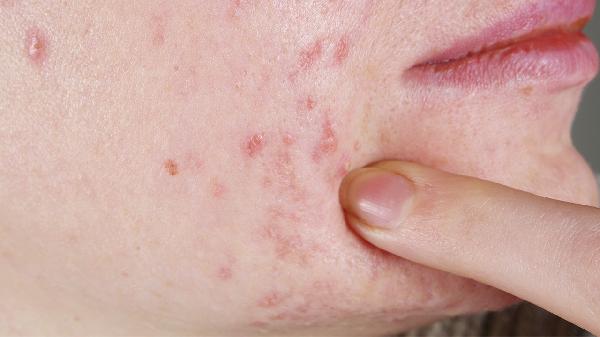
1. Keep the indoor environment clean
Dust, mites, and pet dander are common indoor allergens. Regularly cleaning floors, carpets, and furniture surfaces, especially bed sheets, pillowcases, and curtains, can effectively reduce the accumulation of these allergens. Using a vacuum cleaner with a HEPA filter can better capture tiny particles. Wash bedding at least once a week, preferably with water temperature above 55℃ to kill mites.
2. Control indoor humidity
A humid environment can easily breed mold, and mold spores are one of the important causes of allergies. Keeping indoor humidity between 40%-50% can effectively inhibit mold growth. Use a dehumidifier or air conditioner to adjust humidity, especially in places like bathrooms and kitchens that are prone to dampness. Regularly check water pipes and roofs to prevent leaks.
3. Choose hypoallergenic household items
Some household items themselves can become allergens. For example, pillows, quilts, and carpets made of certain materials can easily accumulate dust and mites. Choosing hypoallergenic products, such as anti-mite pillows, alternatives to down quilts (like polyester fiber fillings), and easy-to-clean flooring materials, can reduce allergic reactions.
4. Avoid using irritating chemicals
Chemicals in cleaning agents, air fresheners, and scented candles may irritate the respiratory tract, causing allergy symptoms. Choose cleaning products with natural ingredients, such as vinegar, baking soda, and lemon juice, or use fragrance-free, low-irritant products. Minimize the use of air fresheners and keep indoor air circulating.
5. Pay attention to pet management
Pet dander and saliva are common allergens. If you have pets at home, bathe them regularly, groom their fur, and restrict their access to areas like bedrooms or sofas where dander can easily accumulate. Using a high-efficiency air purifier can help reduce pet allergens in the air.
6. Eat a balanced diet to boost immunity
Diet is closely related to allergic reactions. Eating more foods rich in vitamins C, E, and Omega-3 fatty acids, such as citrus fruits, nuts, and deep-sea fish, can enhance immunity and reduce allergic reactions. Avoid known allergenic foods like seafood and peanuts, especially for those with food allergies.
7. Regularly replace air conditioner and air purifier filters
If the filters of air conditioners and air purifiers are not replaced for a long time, they can accumulate a lot of dust and allergens, becoming a source of pollution. It is recommended to replace the filters every 1-3 months, or adjust the replacement cycle according to usage frequency and air quality.
8. Reduce allergy risks from indoor plants
Although indoor plants can purify the air, pollen and mold from certain plants may trigger allergies. Choose low-allergenic plants, such as pothos, ivy, and spider plants, and regularly clean their leaves and pots to avoid mold growth.
9. Pay attention to personal hygiene
After returning home, change clothes and wash hands promptly to avoid bringing outdoor allergens indoors. Especially during the spring pollen season, wearing a mask when going out can reduce the chance of inhaling pollen.
10. Regularly undergo allergen testing
If allergy symptoms occur frequently, it is recommended to go to the hospital for allergen testing to identify specific allergens and take targeted preventive measures.
Home life should be comfortable and relaxing, but allergens can make it less enjoyable. By following these methods, you can effectively reduce the occurrence of allergies and make your home environment healthier. Remember, preventing allergies is not just about dealing with symptoms, but also about reducing exposure to allergens at the source. We hope these tips can help you and your family stay away from allergy troubles and enjoy a higher quality of home life!
